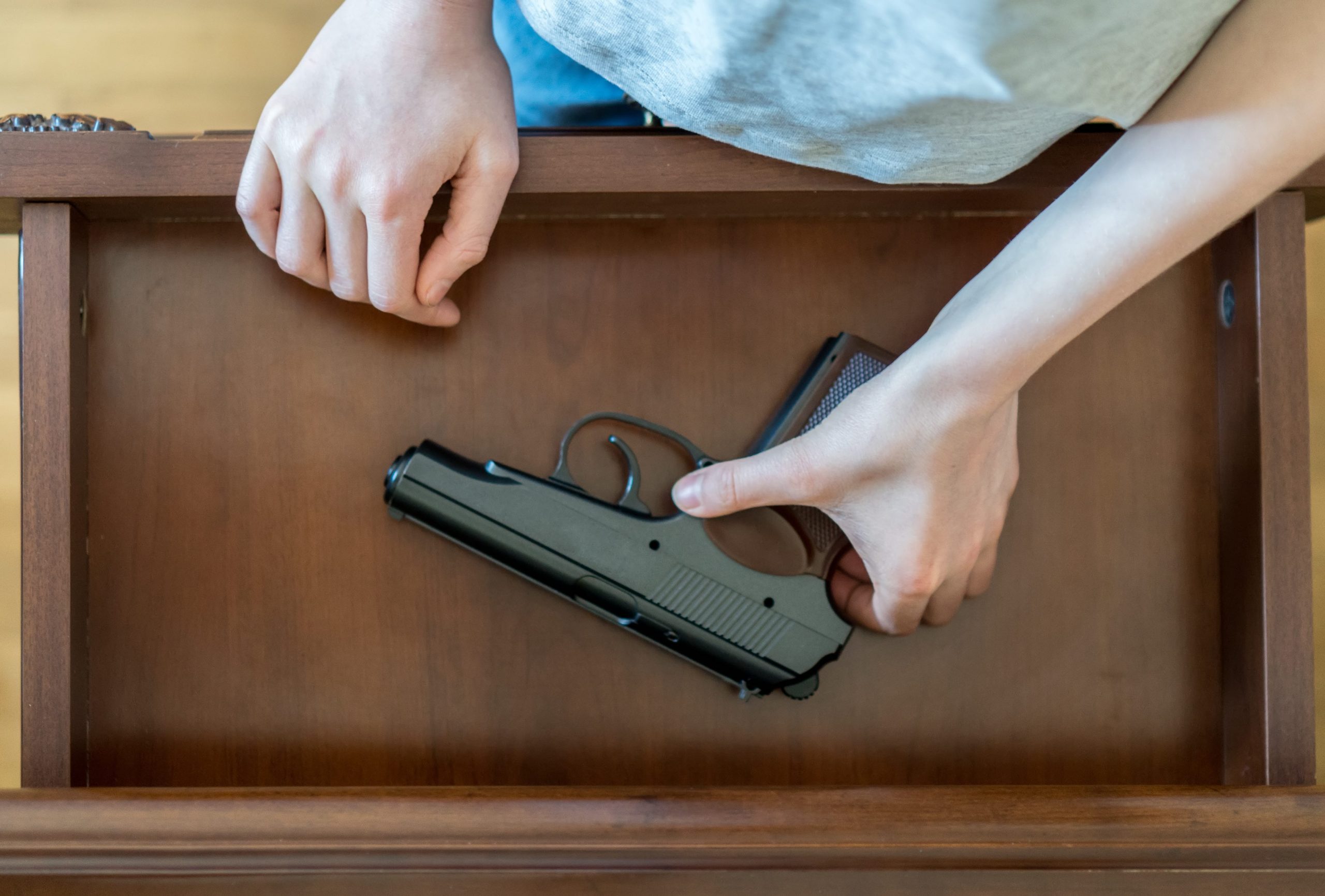Some of the most emotionally wrenching and disturbing shootings we cover here at The Trace involve young people, both as victims and perpetrators. Whether accidental or deliberate, so-called child access shootings — committed by a child with a gun owned by an adult — stir particular grief and outrage.
In many of these cases, if the gun’s adult owner had locked the weapon away, it would not have fallen into a child’s hands, and the tragedy could’ve been avoided. A reader asked us how often gun owners are held accountable for this negligence. The answer: not very often.
First, let’s get a handle on the scale of the problem. A study published in June found that 4.6 million children live in homes with unlocked, loaded guns. According to the FBI, people under 18 killed someone else with a firearm intentionally or by accident between 498 and 923 times each year between 2007 and 2016.
Everytown for Gun Safety, a gun violence prevention advocacy organization (and a donor to The Trace), tracks media reports of unintentional shootings by minors. According to Everytown, children accidentally shoot themselves or someone else between 200 and 300 times per year.
Because it’s illegal for a firearms dealer to sell directly to anyone under 18, all the guns used by these minors were originally purchased by an adult. But depending on where gun buyers live, there isn’t always a law that could hold them responsible for their role. Only Massachusetts has a comprehensive safe storage statute, while 10 other states have weaker laws requiring gun owners to lock up their weapons. Twenty-seven states penalize gun owners for letting their weapons fall into the hands of a minor.
A 2017 investigation by USA Today suggests that gun buyers are rarely prosecuted for their complicity in shootings by children. Of 152 child-related gun accidents between 2015 and 2016 listed in the Gun Violence Archive, only 72 — or 47 percent — resulted in prosecutions. In those cases, 50 people pleaded guilty or were convicted (33 cases were unresolved when the story was published). USA Today found that law enforcement and prosecutors were reluctant to bring charges against people who hadn’t pulled the trigger themselves or who may have lost a child as result of their negligence.
Some prosecutors are more willing to hold gun owners accountable, however. Kym Worthy, the district attorney for Wayne County in Michigan, has developed a reputation for pursuing child access cases with vigor and consistency.
“Being a lawful gun owner comes with the responsibility of making sure your gun is secured,” Worthy said in an interview. “The deaths we’re prosecuting are completely preventable.”
Nonetheless, she said she understands why other prosecutors may be reluctant to charge gun owners: “Juries have a hard time with these cases. The defendant is often very sympathetic and remorseful, and realizes their gross negligence led to a child’s death.”

